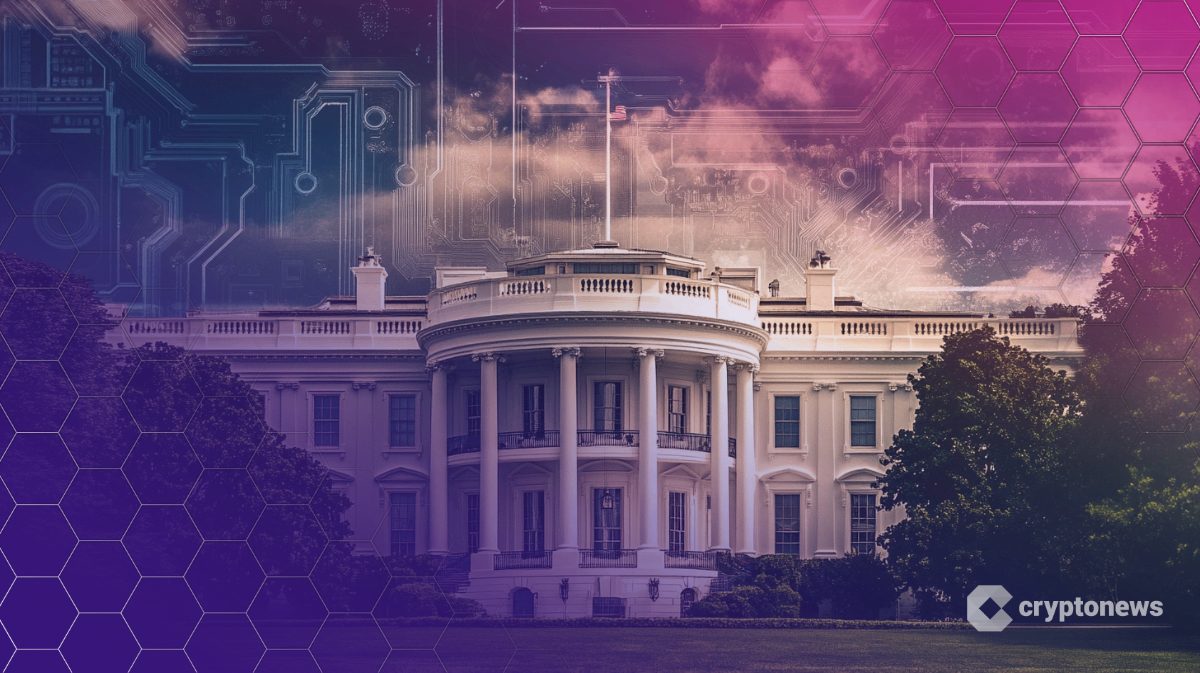Leaders will help drive change by modeling inclusion in action and doing their part to ensure that … [+]
Instaphotos
Imagine walking into a space with the confidence that you are understood, even if it’s uncomfortable or challenging. A space to “be” and feel open and achieve your goals. Where every individual is more than a set of labels.
Imagine being in a place where you are guided to understand yourself more and more, where you unlock your limitations to grow.
Imagine a business that celebrates its own individuality as well as yours, where there is an openness and a willingness to ignite growth, development, and change. Reaching every corner, every department, and every team.
Imagine this business is where you work, where you are surrounded by people who know how to navigate the labyrinth of hurdles and sensitivities that make being human so deeply complex. Where you are guided to transform and thrive individually and as a collective, and where all perspectives are voiced and heard.
Imagine feeling connected and limitless. Being in a place where your story can unfold.
Imagine belonging.
_____
Even with the best intentions, sometimes the most vital aspects of building cultures of belonging can go overlooked. But these 3 considerations will help inclusive leaders make a real impact in 2024 with their efforts to foster a greater sense of belonging – on their teams, and hopefully causing a ripple effect throughout the entire organization, too…
1. Every individual brings their own unique story and lived experience to the workplace every day. While our differences make us distinct, our shared humanity is even more profound. In order to strengthen belonging, DE&I must be unraveled to its core, getting to the root of what it was designed for – to give everyone opportunities for advancement and on a level playing field where people are not held back because of their organization’s misguided focus on labels (visible identity markers) only. Focusing solely on labels creates an unsettling environment where people feel like they are being largely defined by what people see when they look at them rather than being truly seen, welcomed, respected, and valued for their unique talents, perspectives, and contributions.
2. Leaders must be responsible for their personal DE&I journey. This includes being aware of their own biases, practicing empathy as a leadership competency, holding themselves and other leaders accountable to DE&I commitments, and being courageous and curious throughout the process as they apply what they’re learning. Leaders will help drive change by modeling inclusion in action and doing their part to ensure that DE&I is woven into organizational culture and operations – even in the day-to-day workflow.
Another way inclusive-minded leaders can continue to do the work of owning their personal DE&I journey is to ensure employees’ concerns are addressed meaningfully. This requires them to be open to leading innovatively and differently, bringing people together and maximizing their potential while also understanding who they are leading. Bottom line: We can’t lead like 1985 when we are approaching 2025.
3. When organizations can buck the trend of taking an overly cautious approach to DE&I, they can more fully maximize the benefits it can bring to the business. The fear of “getting it wrong” or straying from the norm (one-off training, unconscious bias workshops, and other DE&I-as-usual programs) can be a daunting prospect for some organizations, However, it’s crucial not to shy away from implementing inclusion efforts as the benefits to businesses and individuals are far too great to ignore.
- Enhanced Innovation and Creativity – Diversity of thought stimulates innovation and creativity, as individuals bring unique insights that can lead to innovative solutions and approaches.
- Improved Employee Engagement and Productivity – Workplaces where employees feel valued and heard tend to have higher levels of engagement and job satisfaction.
- Diverse, Multi-generational Talent Pool and Attraction – When there is meaningful DE&I happening, it enables organizations to attract a broader range of talent, tapping into a diverse pool of individuals with varied skills, backgrounds, and perspectives.
- Elevated Reputation and Client Relationships – Companies that are doing DE&I boldly and actively build a positive reputation for being socially responsible and progressive, which, in turn, contributes to loyalty, trust, and a positive brand image in the marketplace
Imagining a better way to strengthen belonging is one thing. Putting in the work to achieve it is another. It will require changing the way we think about DE&I, recognizing it as as a movement vs a program. As a culture and way of being vs another training or workshop.
As DE&I shifts to focusing on each person as an individual and fostering work environments that value people for who they are, we can begin to build a better world and better businesses at the same time.
Credit: Source link










